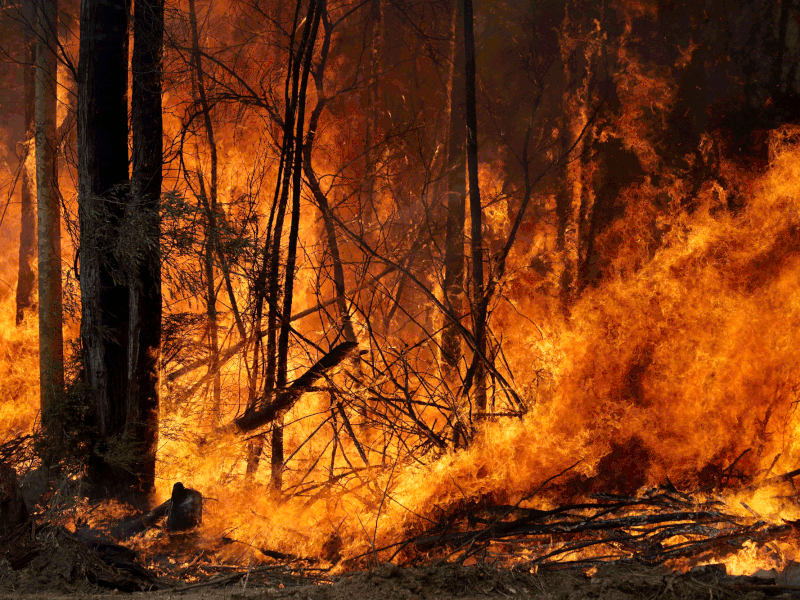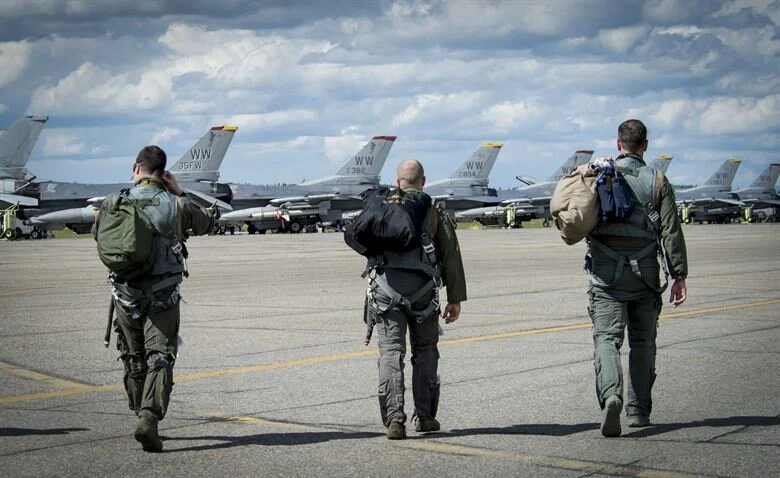The U.S. government should nevertheless find a non-partisan, fact-based mechanism to determine what happened, capture lessons learned, and make recommendations regarding public health, the economy, and continuity of basic services. Regardless of how well or poorly the coronavirus was handled in this instance, an independent evaluation is necessary to better prepare the country for future pandemics. Moreover, the Department of Defense should review the 2018 National Defense Strategy to determine its relevance in a globally persistent novel coronavirus environment.
Managing Chaos: Biosecurity in a Post-COVID-19 America
COVID-19 is an understated watershed moment in U.S. national security, whereby a naturally-occurring virus has thrown individual citizens and the highest levels of leadership into disarray. The COVID-19 pandemic is driving perceptions of U.S. susceptibility to immensely disruptive biological threats and increases the likelihood of an artificial attack. This monumental shift in threat perception creates appealing circumstances for U.S. adversaries to experiment with emergent biotechnology.
After the Calamity: Unexpected Effects of Epidemics on War
Though the death toll from COVID-19 does not seem to be as calamitous as the historical epidemics referenced here, it may influence many actors in similarly profound ways. The economic damage will affect the ability of states to project power and support armed proxy groups. But domestic pressure and new internal rivalries that emerge from the pandemic could cause some belligerents to embark on risky military endeavors in the short term.
Disinformation Disruption and Distance: Public Confidence in the U.S. Military in the COVID-19 Era
Amidst the COVID-19 crisis, trust in institutions and leadership face a unique vulnerability that foreign actors are poised to exploit. This article describes a unique nexus of institutional confidence and societal vulnerability to foreign disinformation, the prevalent tactics used to leverage the American information ecosystem, and ways the U.S. military can better support the society it is charged to defend.
Riding the Wildfire: Opportunities for Transformation and Growth During COVID-19
When a wildfire tears through a forest, attention immediately focuses on the negative—how many acres burned, the impact on the environment, and above all the tragic loss of life. What rarely goes noted, however, is the critical benefit wildfires provide. In many respects, wildfires are the most effective way for many ecosystems to rid themselves of the overgrowth that strangles out and prevents new plant life from thriving. If the ongoing COVID-19 pandemic is a wildfire, the Department of Defense's bureaucracy is the forest.
What Comes After COVID-19? Political Psychology, Strategic Outcomes, and Options for the Asia-Pacific “Quad-Plus"
The novel coronavirus pandemic has built the foundation for an unexpected pax epidemica between the U.S. and China. The pandemic has inflicted significant damages on all the great and middle powers to the extent that none would be in a position to win a war anytime in the near future. Most importantly, policymakers’ pessimistic considerations about their own country’s military capabilities and readiness for war would make them risk-averse and unwilling to undertake any major military campaign, therefore calling off the risk of interstate war altogether.
The Damage of Disinformation: A Glaring Omission in the U.S. Global Health Security Strategy
Although it has been over five years since the Ebola crisis devastated West Africa and energized the global community to more effectively prevent, detect, and respond to health threats, the COVID-19 pandemic exposed America’s lack of preparedness for high-consequence disease outbreaks. While America’s Global Health Security Strategy is an important framework to strengthen global health security, as written, the strategy is insufficient.
An Alternative/Alternate History of the U.S. Response to COVID-19
Still, in our alternate history, Americans and their leaders learned important lessons. First, the cost of letting finance dictate the structure of the U.S. economy was too great, especially for a nation that aspired to play a role of global leadership. Allowing firms to offshore production to exploit low wages for cheaper goods, but unfettered capital mobility was a crippling handicap for a nation beset by a pandemic. Second, skilled labor, particularly in manufacturing and in other industries, takes time to develop—it is not a resource that one can reconstitute with a finger snap or a problem at which one can throw money.
The COVID-19 Pandemic and Geopolitics
Because the pandemic is still evolving, its final impact will remain unknown for months, if not years, in terms of how resulting changes may fundamentally transform the balance of global influence and resulting equilibrium. The responses by major and regional powers to the pandemic and how they are interpreted domestically and internationally are already having and will continue to have significant geopolitical implications. Those responses will prove to be highly consequential in the long term, especially when it comes to how nations manage the central levers of geopolitical power.
Command in a Time of COVID
Commanders should and will be judged by how they lead their units through this crisis. They can stand on the sidelines and await more complete medical information and higher headquarter guidance, or they can respond proactively to the crisis and develop a local plan to combat the virus. The path the commander takes is likely to leave a lasting mark on their unit.











